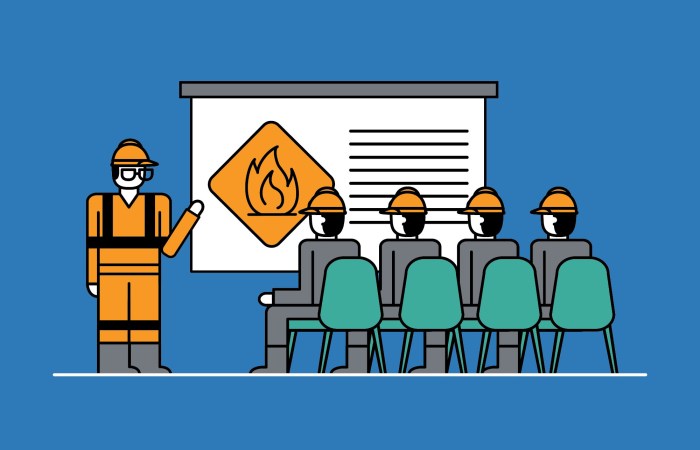What is the NEC definition of a qualified person? This question lies at the heart of electrical safety and the NEC’s unwavering commitment to ensuring the competence and expertise of individuals working on electrical systems. Delving into the NEC’s definition, we uncover the stringent requirements, encompassing knowledge, skills, and experience, that distinguish qualified persons from the general workforce, safeguarding the integrity and reliability of electrical installations.
The NEC’s definition of a qualified person serves as a cornerstone for electrical safety, ensuring that only individuals with the requisite qualifications are entrusted with the responsibility of designing, installing, maintaining, and inspecting electrical systems. By adhering to these standards, we empower qualified persons to effectively mitigate electrical hazards, prevent accidents, and uphold the highest levels of safety within our built environment.
Qualifications: What Is The Nec Definition Of A Qualified Person

According to the NEC, a qualified person is one who has skills and knowledge related to the construction and maintenance of electrical systems and has received safety training to identify and avoid the hazards involved.
The NEC requires that qualified persons be familiar with the electrical codes and standards that apply to their work and have the ability to interpret and apply these codes and standards correctly.
Requirements
To be considered a qualified person, an individual must meet the following requirements:
- Be at least 18 years of age
- Have a high school diploma or equivalent
- Have completed an apprenticeship program or have at least two years of experience working under the supervision of a qualified electrician
- Have passed a written examination that demonstrates their knowledge of the NEC and other applicable electrical codes and standards
Responsibilities, What is the nec definition of a qualified person
Qualified persons have a number of responsibilities in the electrical industry, including:
- Installing, maintaining, and repairing electrical systems
- Inspecting electrical systems to ensure that they are safe and compliant with the NEC and other applicable codes and standards
- Troubleshooting electrical problems
- Providing training and supervision to other electrical workers
Certification and Training
There are a number of organizations that offer certification and training programs for qualified persons.
Some of the most well-known organizations include:
- The National Electrical Contractors Association (NECA)
- The International Brotherhood of Electrical Workers (IBEW)
- The National Fire Protection Association (NFPA)
Continuing Education
Qualified persons are required to engage in continuing education to stay up-to-date on the latest changes to the NEC and other applicable codes and standards.
There are a number of ways to complete continuing education, including:
- Taking online courses
- Attending seminars and workshops
- Reading industry publications
Detailed FAQs
What are the key requirements to be considered a qualified person according to the NEC?
The NEC Artikels several key requirements, including a thorough understanding of electrical theory, applicable codes and standards, and proven experience in designing, installing, maintaining, and inspecting electrical systems.
How does the NEC definition of a qualified person contribute to electrical safety?
By ensuring that only qualified persons are involved in electrical work, the NEC minimizes the risk of electrical accidents, fires, and other hazards, safeguarding the well-being of individuals and the integrity of electrical systems.
What are the consequences of employing unqualified persons to work on electrical systems?
Employing unqualified persons poses significant risks, including electrical accidents, fires, code violations, and potential legal liabilities. The NEC strictly prohibits the employment of unqualified persons for electrical work.

